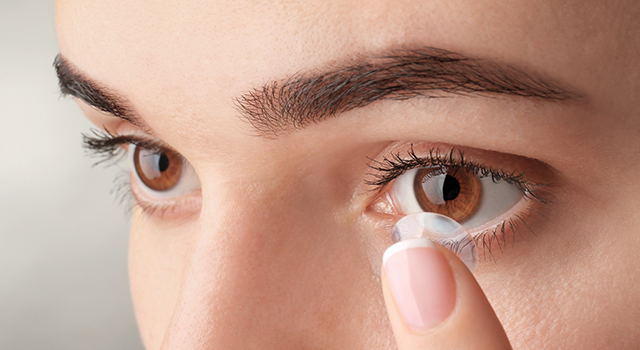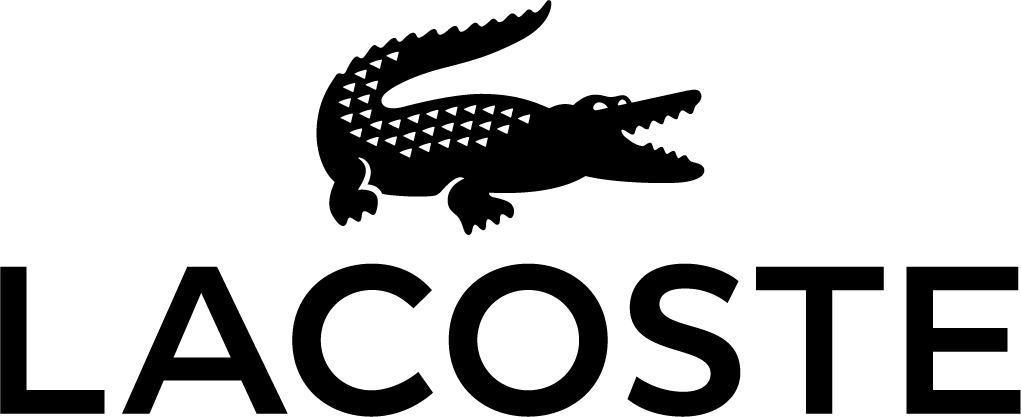
Contact lenses are a convenient way to correct vision without glasses or LASIK surgery. To keep their eyes healthy, contact lens wearers should adopt a care regimen that involves regular rinsing, disinfecting and replacing their lenses when needed.
A contact lens exam and fitting session with Professional VisionCare in Lewis Center will ensure that you receive the best lenses for you and your lifestyle. The eye doctor will also instruct you on how to clean and care for them.
The following tips are essential for healthy and safe contact lens use:
- Replace contact lenses as advised by your eye doctor
- Wash hands carefully before touching the lenses, either removing or inserting
- Only use the prescribed solution to rinse lenses
- Disinfect contact lenses as instructed by your eye doctor
- Schedule a contact lens exam and fitting
- Always attend your contact lens follow up exams, even if you are not experiencing any problems
Replace Contact Lenses as Instructed
It’s important to replace your contact lenses as directed by your eye doctor. The period of time you can wear your lenses before using new ones depends on the type of lenses you have:
- Daily disposable lenses – one-time use
- Bi-weekly disposable lenses – replace every two weeks or sooner
- Monthly lenses – every month
- Traditional (non-disposable) lenses – replace every 6 to 12 months, or as per your eye doctor‘s advice.
Inspect your lenses carefully. If they are showing signs of wear and tear, replace them sooner. Exceeding the maximum time frame for contact lens wear can increase the risk of eye irritation and infection, and may even damage your eyes to the point where you can no longer wear contact lenses.
Wash and Dry Hands Carefully Before Applying Contact Lenses
Teens and adults often lead active lives and it can be easy to skip important routines like washing your hands with soap and water and drying them thoroughly with a lint-free towel or paper towel before applying contact lenses. This step shouldn’t be ignored as unwashed fingers transmit germs onto the lenses, which can enter the eye and lead to serious eye damage and vision loss.
So make sure you use plain soap (and not heavily scented varieties that may contain irritants) and dry your fingers with a lint-free towel before inserting or removing your contacts.
Use Solution to Rinse Contact Lenses
Rinsing contact lenses properly keeps tiny particles of makeup residue and microbes from reaching your eye. Apply the solution generously and rub the lens in the palm of your hand.
Even if you are at school or work and feel you are in too much of a hurry to get your solution, do not use tap water to rinse your lenses. Tap water is teeming with minerals, impurities and microbes that can damage lenses, irritate your eyes and spread infection.
Disinfect Contact Lenses
Disinfecting contact lenses kills germs and pathogens that can cause eye infections. There are several products and methods for disinfecting:
- Multipurpose solution
- Hydrogen peroxide
- Disinfecting devices
A multipurpose solution (MPS) can be used for routine rinsing as well as disinfecting. The procedure involves rinsing the lenses twice, placing them in a case filled with the multipurpose solution, letting the lenses soak, then rinsing them again before use.
The vast majority of eye doctors recommend an MPS for all disposable lenses
Hydrogen peroxide is a powerful disinfectant that should be used with care and only with a [neutralizer]. Rinse the lenses and place them in a special contact lens container, then dip them in the solution. A [neutralizer] may be built-in to special lens holders or is available in tablet form. After the solution has been [neutralized], you can rinse, dry, and wear the contact lenses.
Schedule a Contact Lens Exam, Fitting and Follow Up
To keep your eyes healthy and vision sharp, your contact lenses should be the right size and type to suit your vision requirements and lifestyle. A thorough contact lens exam and fitting are essential. Your eye doctor will perform a series of tests, including measurements of the cornea, iris and pupil, an evaluation of tear production and of the surface of your eyes.
A contact lens exam also includes questions about lifestyle and what kind of lenses you prefer. For instance, a teenager who is on a high school sports team may also need disposable lenses for road games and swim meets. The exam also involves a fitting session as well as follow-up exams to ensure the lenses do not cause irritation.
Follow up appointments are essential to allow the eye doctor to observe your eye health and make any adjustments to the lenses or your care regimen. It is essential to come to these exams, even if you are not experiencing any problems.
To schedule a contact lens exam, fitting or follow-up exam, contact us at Professional VisionCare in Lewis Center. We serve patients of every age, from children to seniors. Book your appointment with Professional VisionCare today
At Professional VisionCare, we put your family’s needs first. Talk to us about how we can help you maintain healthy vision. Call us today: 614-898-9989 or book an appointment online to see one of our Lewis Center eye doctors.
Want to Learn More? Read on!
FOLLOW US:
Q&A
Why do my eyes feel dry when I wear contacts?
There are a few possible reasons your eyes may feel dry or irritated when wearing contacts. Your contacts may not be fitting properly or something may have entered into your eyes. There may also be an issue with your eyes and may be suffering from dry eye disease. It’s best to speak with your eye doctor and choose the optimal lens for ultimate comfort and hydration. If dry eye disease is diagnosed, your eye doctor will provide guidance and help you get the treatment you need for lasting relief.































